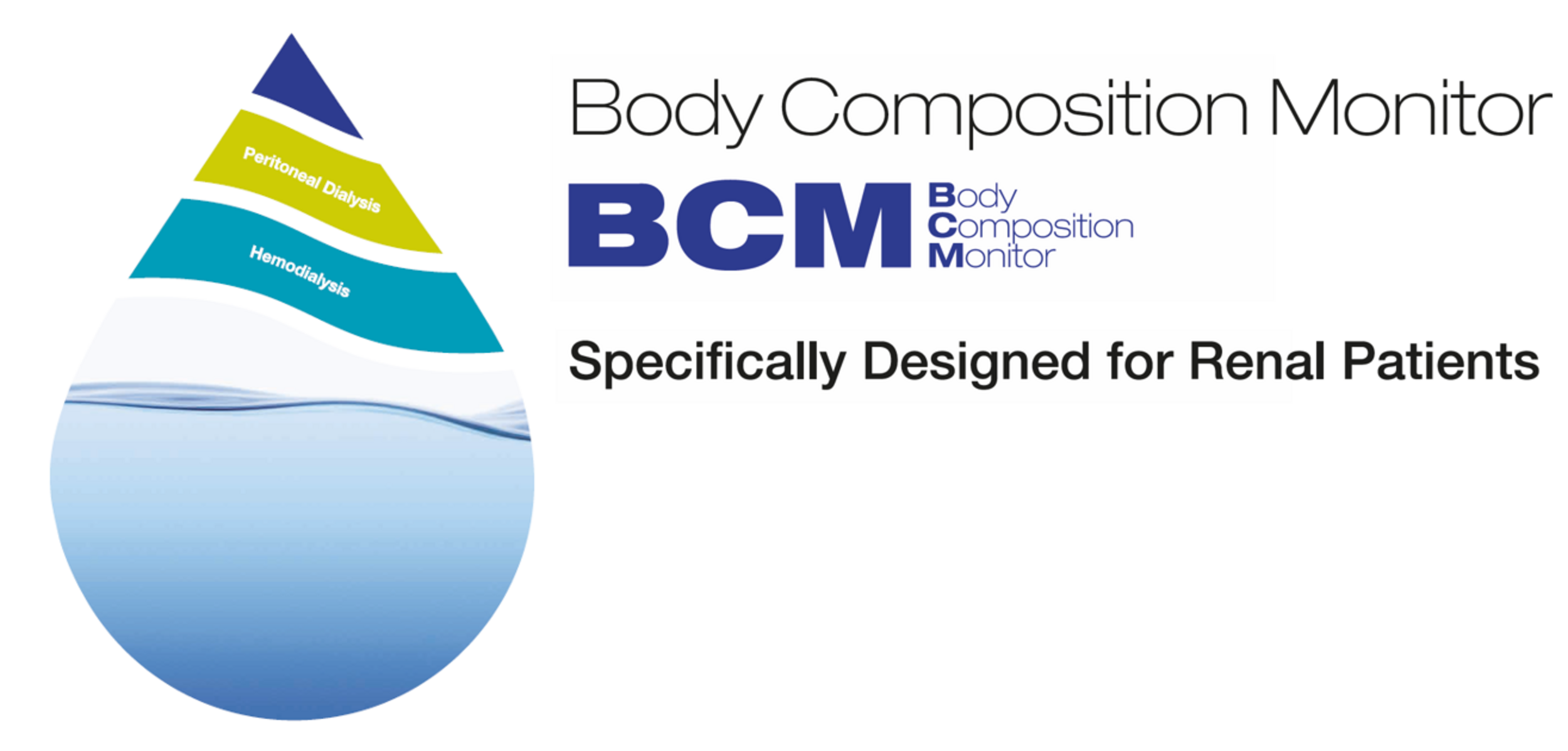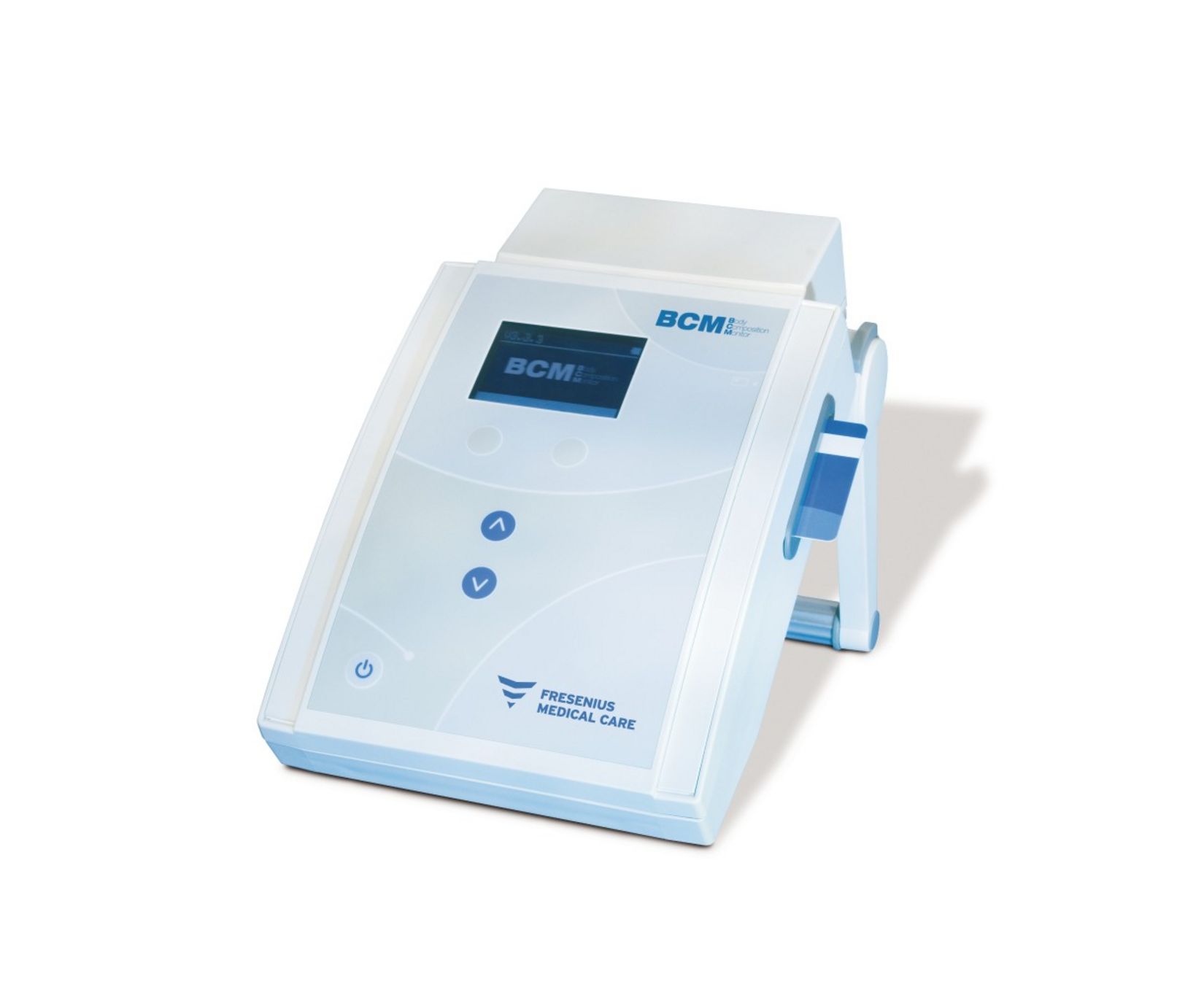Attention
The medical device and therapy related information on this website is aimed exclusively at healthcare professionals.
Not all products are cleared or available for sale in all Asia Pacific countries.
By clicking on the button "Accepted and Confirmed" you assure that you have taken note of this information and that you are a healthcare professional.




